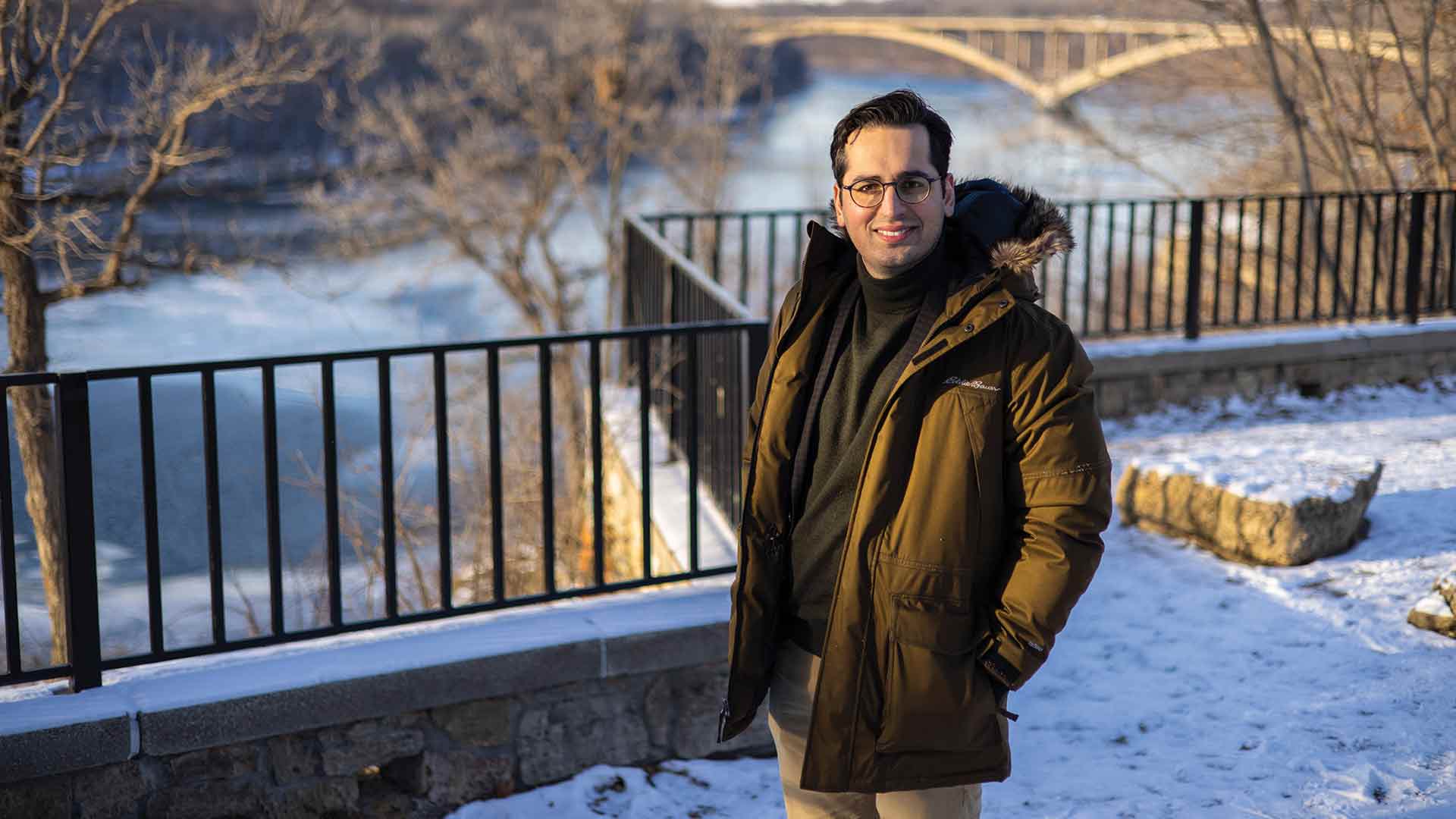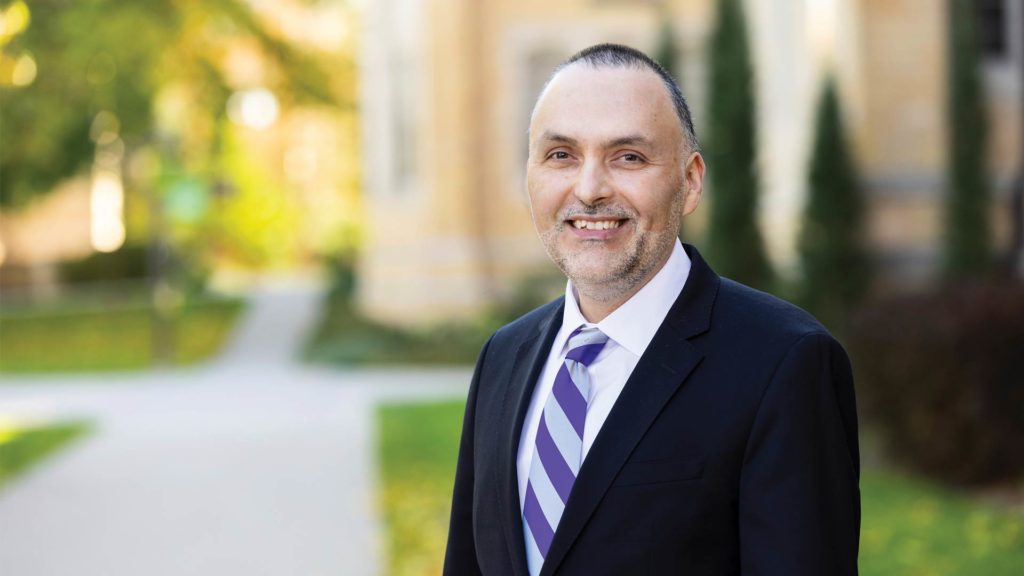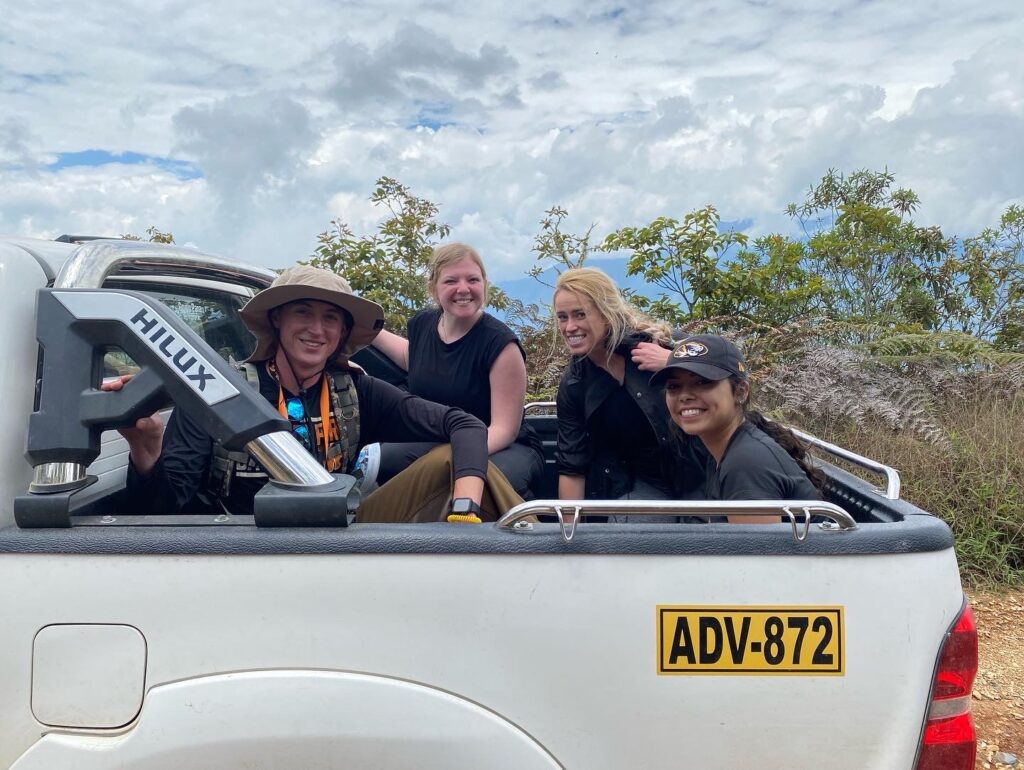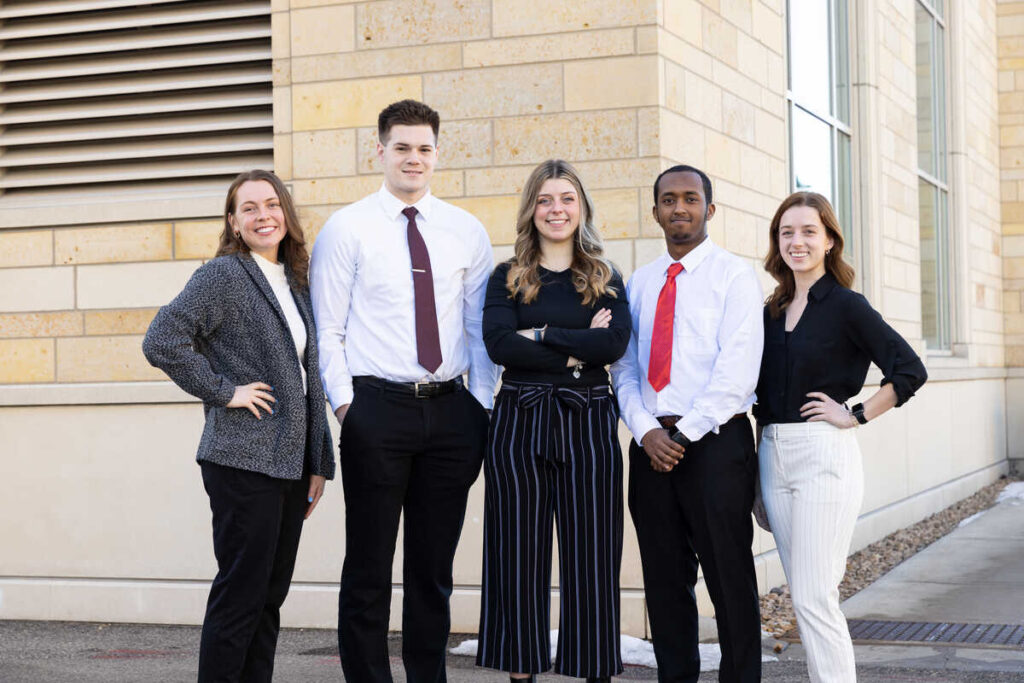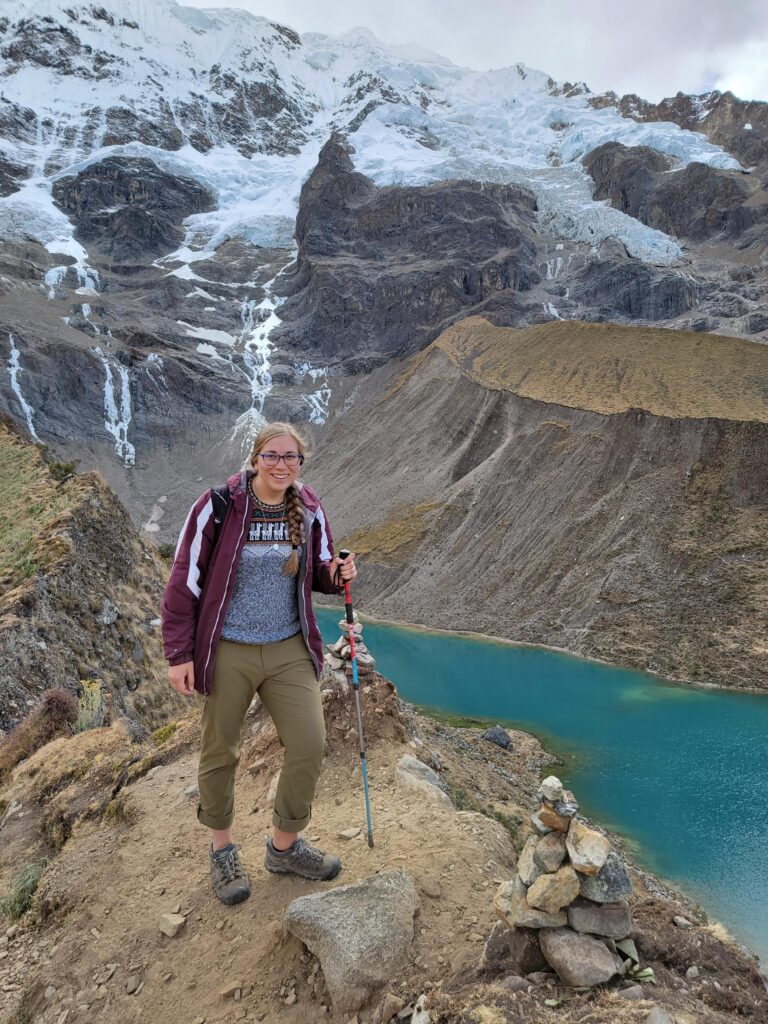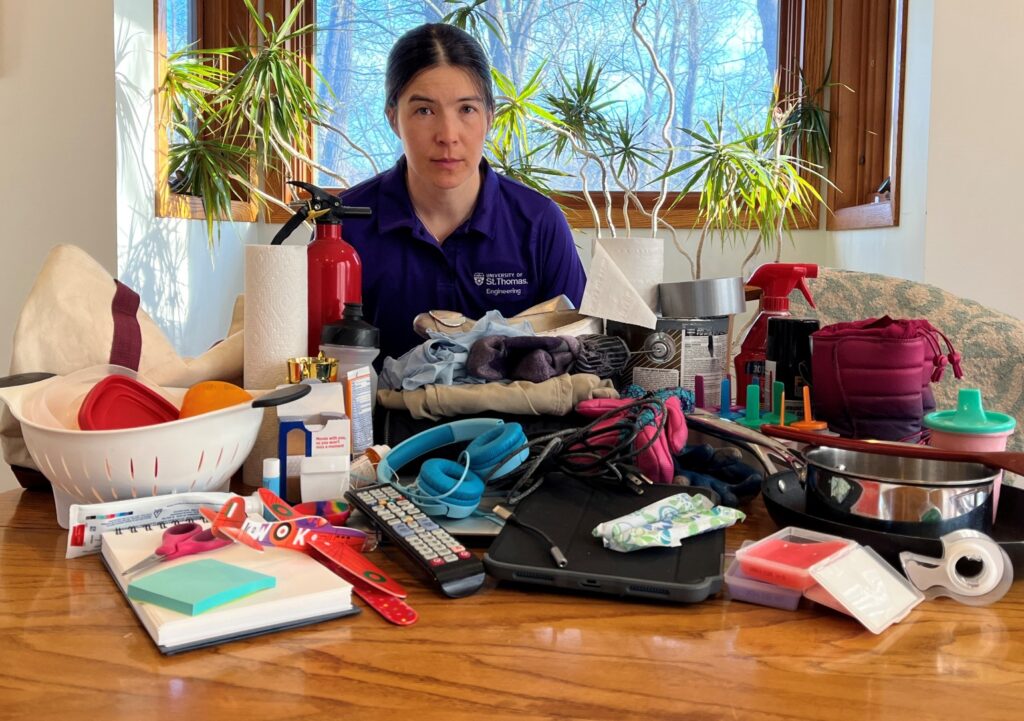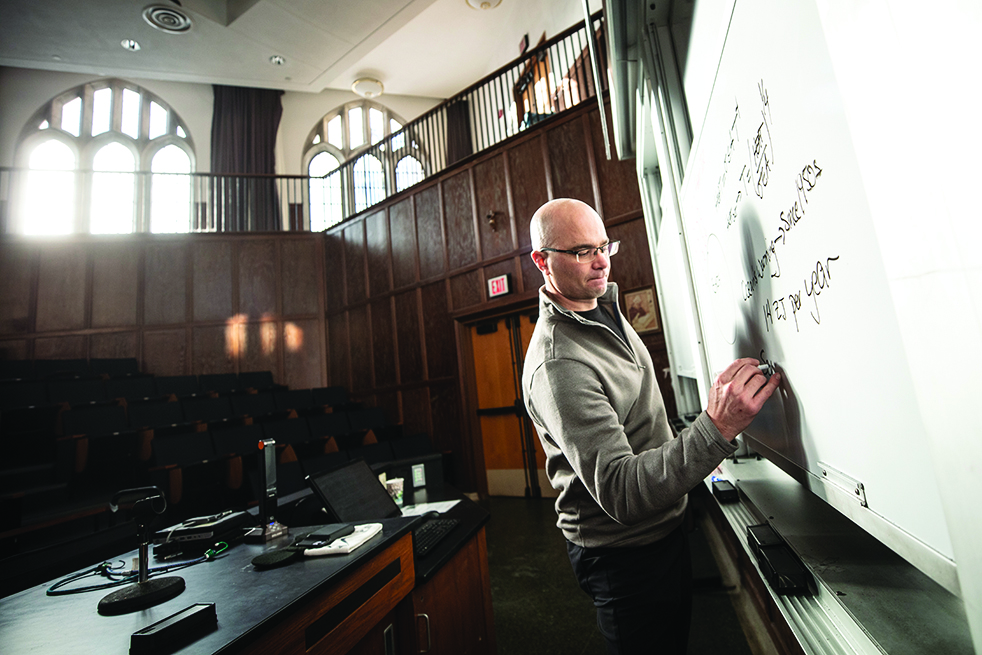Assistant Professor Mohsen Tahmasebi Nasab joined St. Thomas as the newest member of the civil engineering faculty, and he is on a mission to help students find their passion and to design experiential, interdisciplinary, and holistic learning experiences in water resources engineering.
What kind of research are you doing?
My research is primarily focused on understanding how long-term land use changes, climate change, and other hydro-topographical factors will impact our environment and, thus, how to manage water resources effectively. One of my current research projects is about frozen soil and how water infiltrates into soil that has gone through multiple freeze-thaw cycles. This research will help design a soil medium that allows infiltration even when the ground is frozen, alleviating some early spring urban floods.
Where did your passion for water resources engineering come from?
My passion for water resources engineering comes from living in Russia and learning about the Moskva River. Observing the seasonal variations of the streamflow and learning about the crucial role of water in different countries and communities sparked the passion that led me to pursue water resources engineering. There is a holistic and multidimensional nature to water resources engineering and management that makes it a unique field of study.
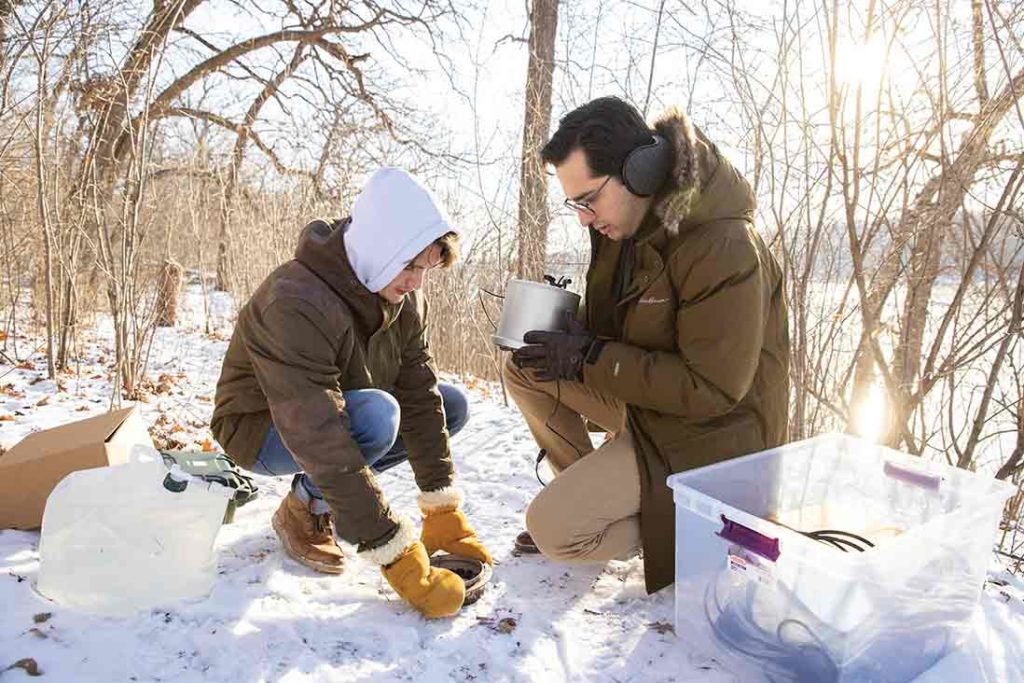
What is your teaching philosophy?
1. Be a good mentor: The guidance and wisdom of various teachers and mentors paved the way for me. I do my best to play the role that my mentors played in my life for my advisees.
2. Make the subject matter fun and interactive: One of my passions is to demystify the theory behind equations, concepts, and design approaches using different analogies, everyday objects, and creating fun easy-to-understand short videos.
3. Learn from failure: My goal is to create a learning culture in the classroom that allows room for failure and encourages failure as a powerful tool, a steppingstone to success.
This story is featured in the spring 2022 issue of St. Thomas Engineer.
